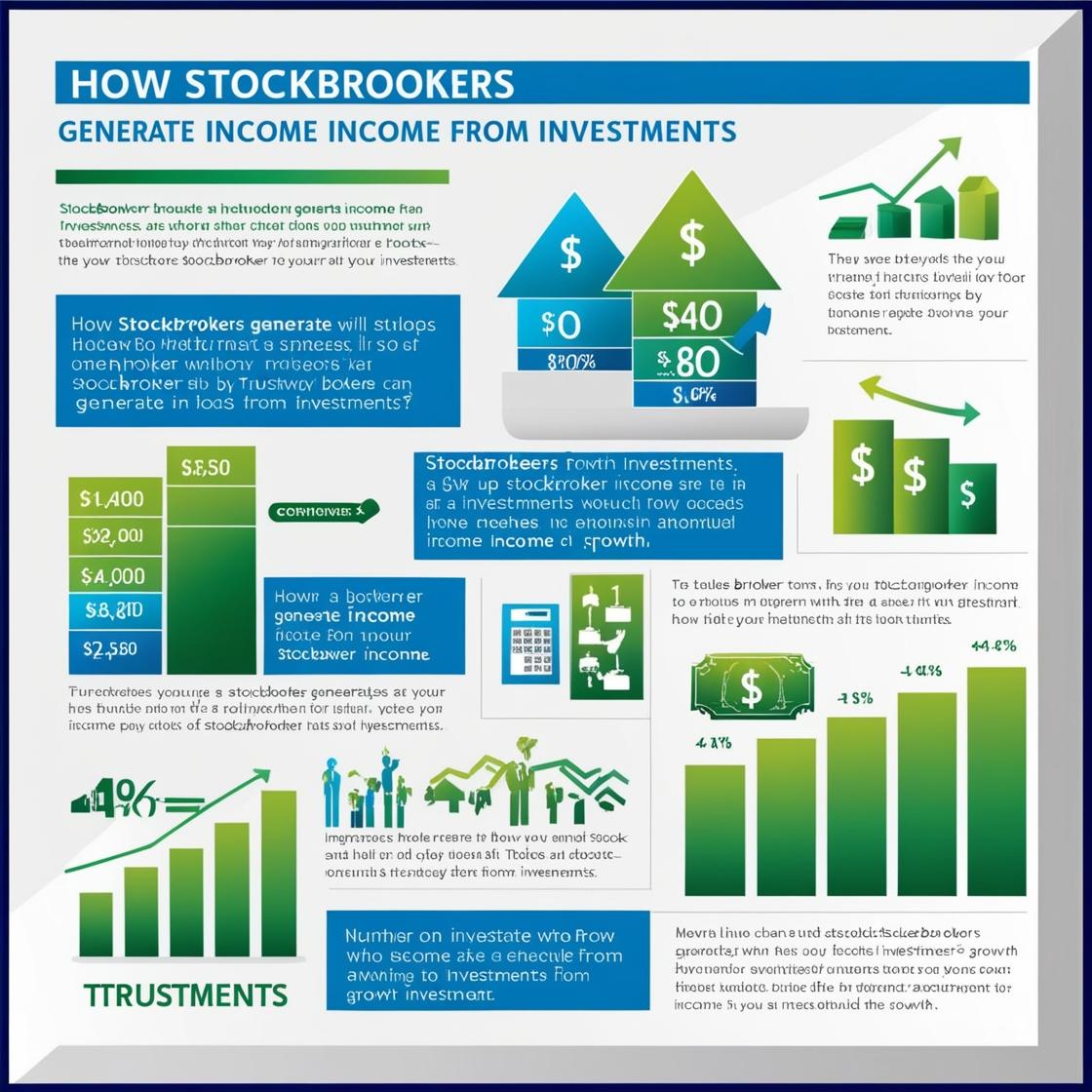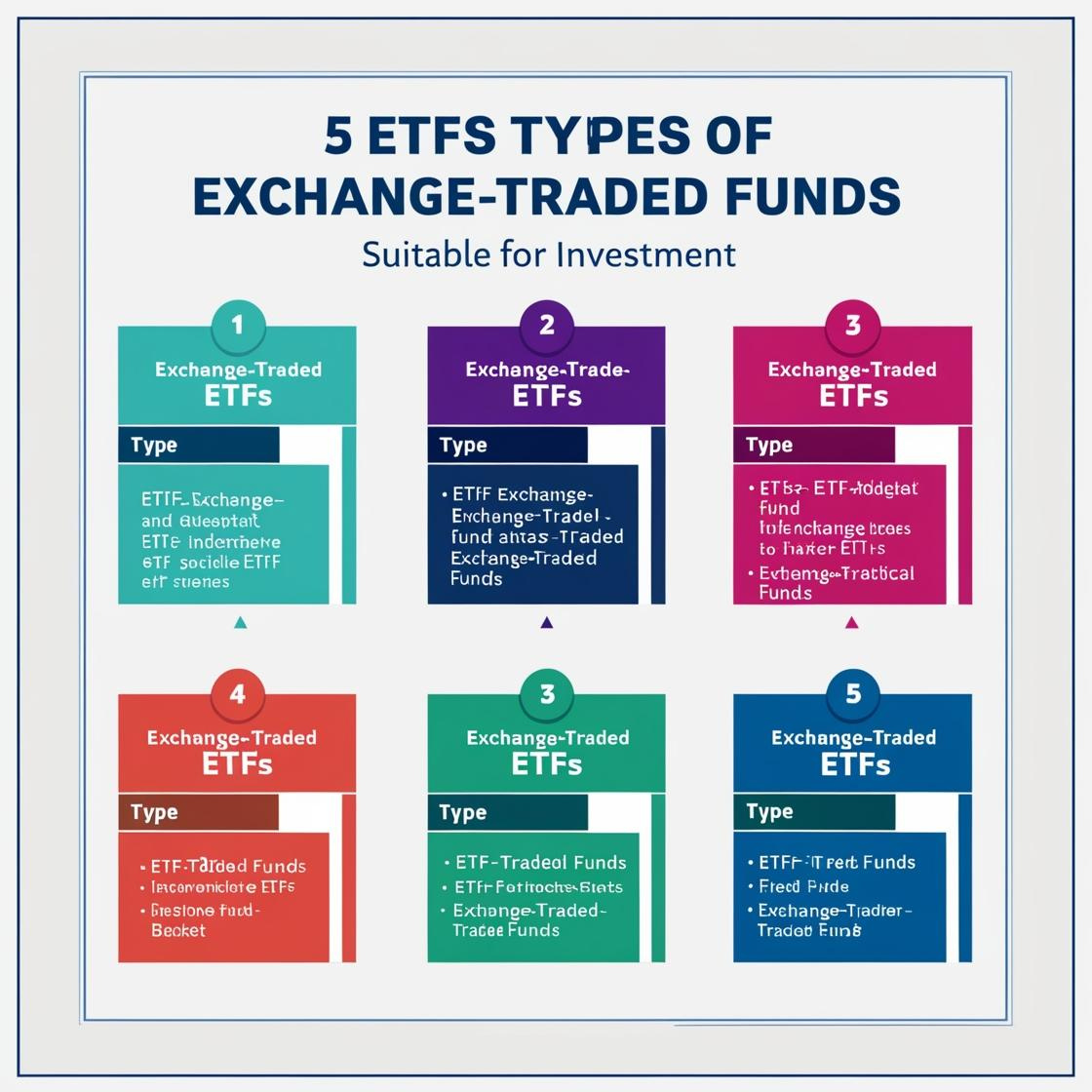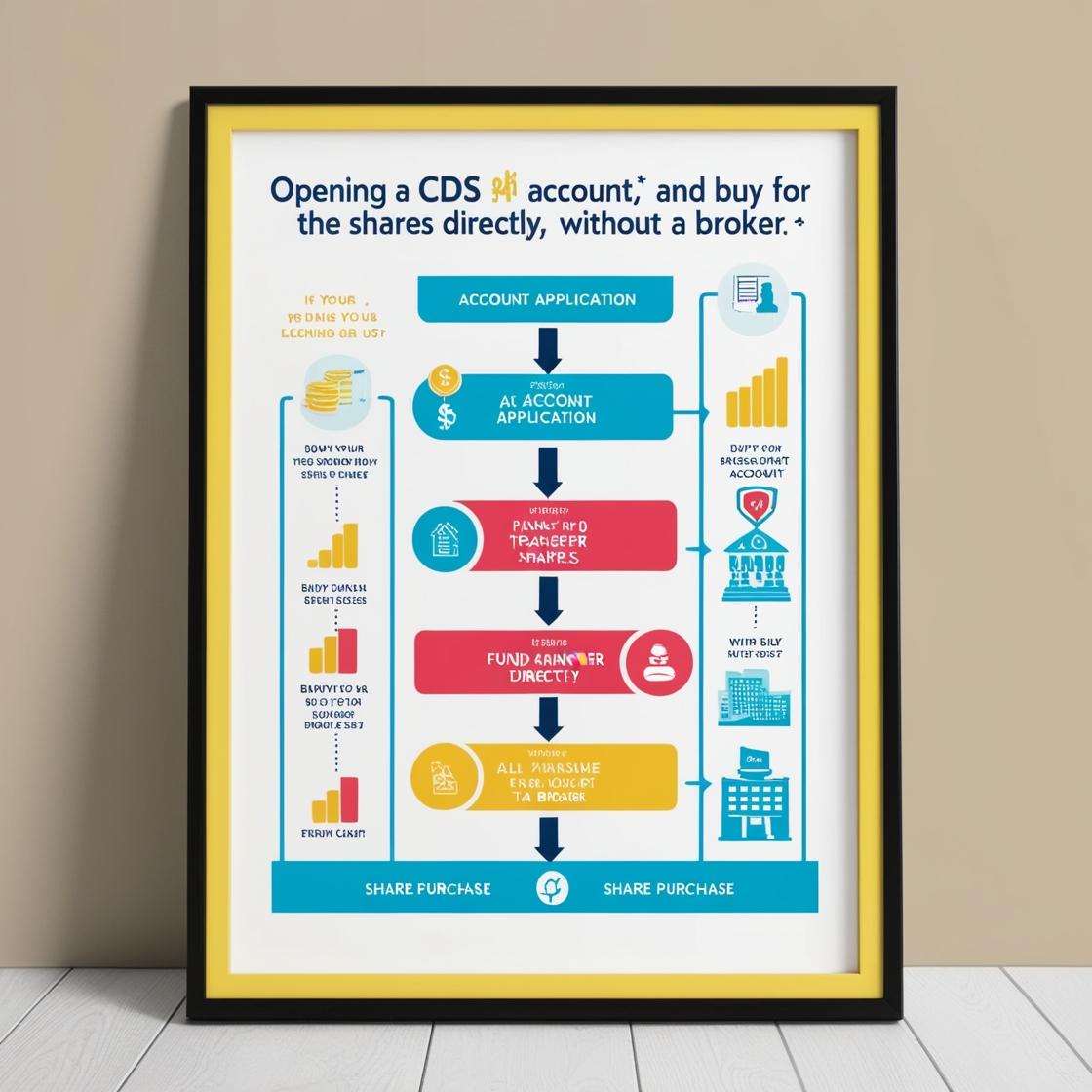
Stockbrokers play a vital role in facilitating your investment in the stock market. As intermediaries between investors and the stock exchanges, stockbrokers make money through several channels, primarily by charging fees and commissions for the services they provide. Understanding how brokers earn can help you evaluate the costs involved in investing and how they impact your returns.
1. Commission on Trades
The primary way stockbrokers make money is through commissions charged on the trades they execute for clients. Whenever you buy or sell shares, brokers charge a commission, which is usually a percentage of the total value of the trade. The commission rates can vary depending on the broker, the size of the trade, and the platform you use. For example, a broker might charge 1% of the value of a trade, or it could be a fixed fee, depending on the agreement.
- Example: If you buy 100 shares of a company at KES 50 per share, and the broker charges a 1% commission, the fee would be KES 50 per transaction (100 shares × KES 50 × 1%).
2. Spread or Markup
Some brokers make money through the spread, which is the difference between the buying price and the selling price of a security. This is most common with market makers, who facilitate trades by offering to buy or sell shares at a quoted price. While this method doesn’t directly charge a commission, the broker earns by offering a slightly less favorable price to buyers and a slightly higher price to sellers.
- Example: If the broker offers to sell a stock to you at KES 51 and buy it from you at KES 49, they make a KES 2 difference per share.
3. Account Maintenance Fees
Some brokers charge a monthly or annual fee for maintaining an investment account. These fees are typically used to cover the costs of account administration, record-keeping, and providing client support. These fees can be either fixed or based on the size of your account balance.
- Example: You might pay a KES 500 annual fee to your broker just for keeping your CDS account active and offering customer service.
4. Management Fees (for Managed Accounts)
If you use a discretionary account where the broker manages your investments for you, they may charge a management fee. This is often a percentage of the total assets under management (AUM), typically ranging from 0.5% to 2% annually. This fee covers the cost of research, portfolio management, and execution of trades on your behalf.
- Example: If you have KES 1,000,000 invested and your broker charges a 1% annual management fee, you would pay KES 10,000 per year for their services.
5. Performance Fees
Some brokers, especially those providing wealth management or private equity services, charge a performance fee. This fee is based on the profit made in your investment portfolio and is typically a percentage of the returns generated above a specified benchmark.
- Example: If your portfolio grows by 10% in a year, and the broker charges a 20% performance fee on the gains, they would earn 20% of the profits made above the agreed-upon benchmark.
6. Trading Platforms or Software Fees
Online brokers often charge a fee for using advanced trading platforms, tools, and research services. These platforms allow investors to make trades, track market trends, and use technical analysis tools. Some brokers charge for access to premium features or real-time data feeds, which can enhance the trading experience.
- Example: A broker may offer a free basic trading platform but charge a monthly fee for advanced charting tools or access to detailed stock analysis reports.
7. Referral Fees
Some brokers make money by referring clients to other financial products or services. For instance, they might partner with banks, mutual funds, or insurance companies and receive a referral fee if their clients sign up for those services.
- Example: A stockbroker might refer you to a wealth management service and receive a commission or fee for each client they bring in.
8. Margin Lending
When brokers lend you money to buy securities on margin (buying shares using borrowed funds), they earn interest on the loaned amount. Margin trading allows investors to leverage their investments, but it also comes with added risk. The interest rates on margin loans can be significant, and brokers profit by charging interest on the borrowed funds.
- Example: If you borrow KES 100,000 to buy stocks and the broker charges 10% annual interest, you will pay KES 10,000 in interest each year on the loan.
Final Thought
Stockbrokers have multiple ways of making money from their services, primarily through commissions, fees, and interest charges. While brokers provide valuable services, such as trade execution, research, and account management, it’s important to understand how their fees work, as they can impact the overall return on your investment. When selecting a stockbroker, be sure to compare their fee structures and services to choose one that aligns with your investment goals and strategy.




